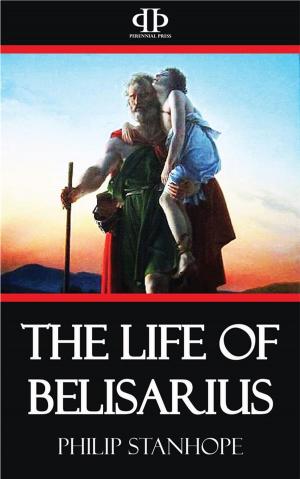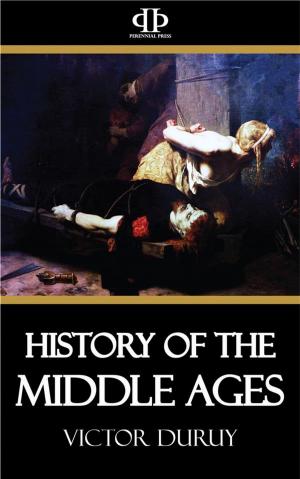The Cambridge Medieval History - Book II
The Triumph of Christianity
Nonfiction, Reference & Language, Reference, Encyclopedias, History, Medieval| Author: | T.M. Lindsay, H.M. Gwatkin, C.H. Turner | ISBN: | 9781531227791 |
| Publisher: | Perennial Press | Publication: | February 23, 2016 |
| Imprint: | Language: | English |
| Author: | T.M. Lindsay, H.M. Gwatkin, C.H. Turner |
| ISBN: | 9781531227791 |
| Publisher: | Perennial Press |
| Publication: | February 23, 2016 |
| Imprint: | |
| Language: | English |
THE old or official religions of Greece and of Rome had lost most of their power long before Constantine first declared that Christianity was henceforth to be recognized as a religio licita and then proceeded to bestow the Imperial favor on the faith which his predecessors had persecuted. Hellenism had destroyed their influence over the cultivated classes, and other religions, coming from the East, had captivated the masses of the people. If temples, dedicated to the gods of Olympus, were still standing open; if the time-honored rites were still duly and continuously celebrated; if the official priesthood, recognized and largely supported by the state, still performed its appointed functions; these things no longer compelled the devotion of the crowd. The Imperial cult of the Divi and Divae once so popular, had also lost its power to attract and to charm; the routine of ceremonial worship was still performed; the well-organized priesthood spreading all over the Empire maintained its privileged position; but crowds no longer thronged the temples, and the rites were neglected by the great mass of the population.
Yet this did not mean, as has often been supposed, the universal triumph of Christianity. It may almost be said that Paganism was never so active, so assertive, so combative, as in the third century. But this paganism, for long the successful rival of Christianity and its real opponent, was almost as new to Europe as Christianity itself. Something must be known about it and its environment ere the reaction under Julian and the final triumph of Christianity can be sympathetically understood...
THE old or official religions of Greece and of Rome had lost most of their power long before Constantine first declared that Christianity was henceforth to be recognized as a religio licita and then proceeded to bestow the Imperial favor on the faith which his predecessors had persecuted. Hellenism had destroyed their influence over the cultivated classes, and other religions, coming from the East, had captivated the masses of the people. If temples, dedicated to the gods of Olympus, were still standing open; if the time-honored rites were still duly and continuously celebrated; if the official priesthood, recognized and largely supported by the state, still performed its appointed functions; these things no longer compelled the devotion of the crowd. The Imperial cult of the Divi and Divae once so popular, had also lost its power to attract and to charm; the routine of ceremonial worship was still performed; the well-organized priesthood spreading all over the Empire maintained its privileged position; but crowds no longer thronged the temples, and the rites were neglected by the great mass of the population.
Yet this did not mean, as has often been supposed, the universal triumph of Christianity. It may almost be said that Paganism was never so active, so assertive, so combative, as in the third century. But this paganism, for long the successful rival of Christianity and its real opponent, was almost as new to Europe as Christianity itself. Something must be known about it and its environment ere the reaction under Julian and the final triumph of Christianity can be sympathetically understood...















